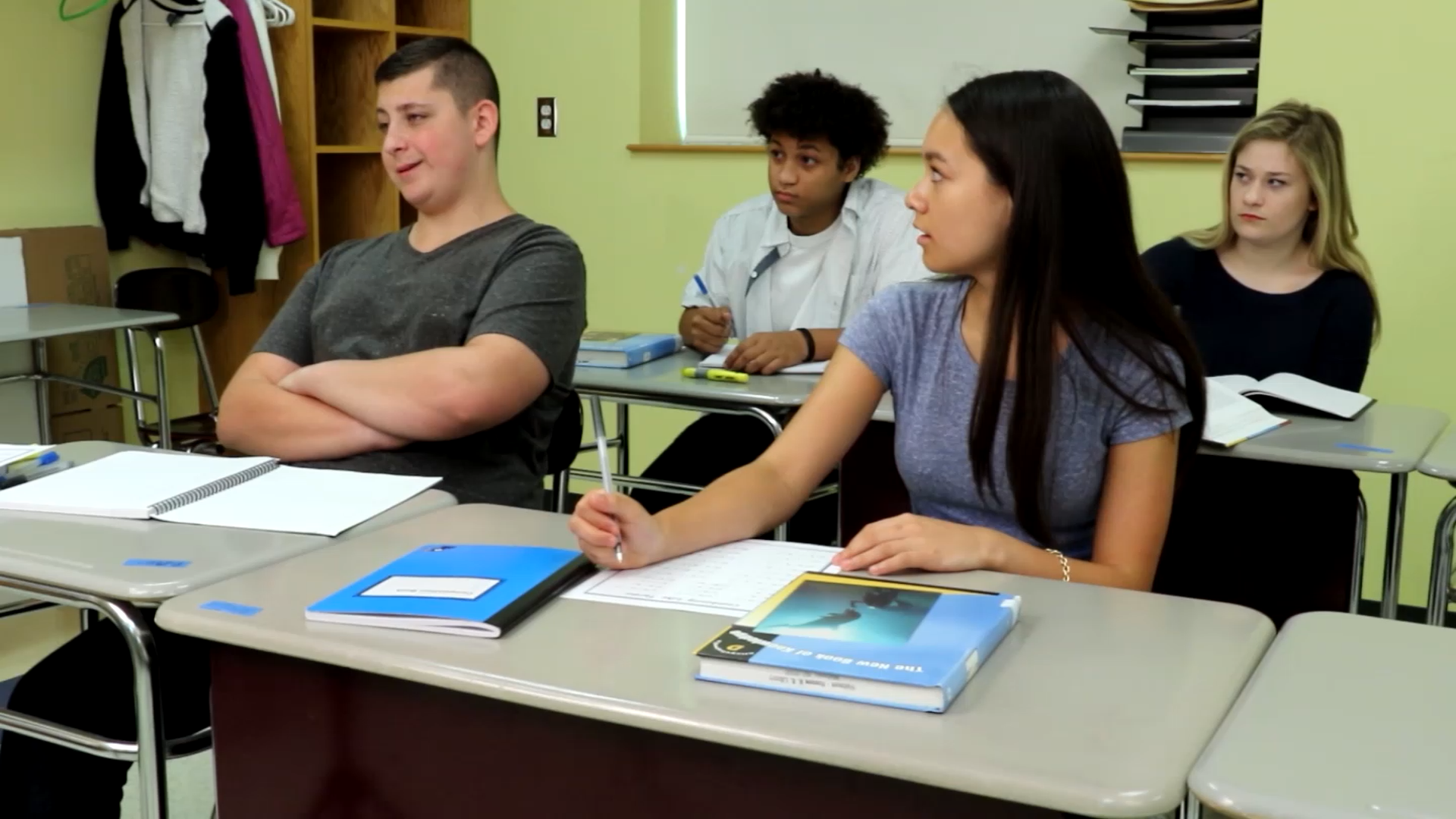
In this blog post, we will explore the importance of teaching respect and communication skills to elementary students in a school setting. We will discuss a no-prep activity, discussion questions, related skills, and next steps for educators to further enhance their students’ social-emotional learning abilities.
Introduction
Respect and communication skills are essential components of a positive classroom environment. By teaching students to listen, follow directions, and be mindful of their words and tone of voice, we can foster a culture of respect and collaboration. Students who learn these skills are better equipped to express their thoughts and feelings in a respectful manner, leading to more productive conversations and a greater sense of community within the classroom.
No-Prep Activity: The Respectful Conversation Game
This activity requires no preparation or materials from the educator and can be easily implemented in the classroom. The purpose of the Respectful Conversation Game is to help students practice using respectful language and tone while engaging in a conversation.
- Divide the class into small groups of 3-4 students.
- Ask each group to choose a topic for discussion, such as a recent class project or a favorite book.
- Explain that the goal of the activity is to have a conversation about the chosen topic while focusing on using respectful language and tone of voice.
- As the students engage in conversation, the educator should circulate the room, providing feedback and guidance on how to improve their communication skills.
After the activity, ask the students to reflect on their experiences and discuss any challenges they encountered while trying to maintain respectful communication.
Discussion Questions
- Why is it important to use respectful language and tone when talking to teachers and classmates?
- How can showing respect improve our relationships with others in our school community?
- What are some examples of respectful and disrespectful language or tone that you have observed in your own experiences?
- How can we practice being more mindful of our words and tone when speaking to others?
- What strategies can we use to remain respectful when we disagree with someone or feel frustrated?
Related Skills
Teaching respect and communication skills in the classroom also promotes the development of other essential social-emotional learning skills:
- Active Listening: Students learn to focus their attention on the speaker, showing empathy and understanding.
- Conflict Resolution: Students develop the ability to address disagreements in a respectful and constructive manner.
- Self-Awareness: Students become more aware of their emotions and how their words and tone can impact others.
- Empathy: By practicing respectful communication, students learn to put themselves in others’ shoes and consider their feelings.
Next Steps
As an educator, you play a crucial role in fostering a respectful and positive learning environment. By incorporating social-emotional learning principles into your teaching, you can help students develop vital life skills that will serve them well beyond the classroom. To explore more activities and resources for teaching respect and communication skills, we invite you to sign up for free sample materials from Everyday Speech. These materials will provide you with additional tools and strategies to enhance your students’ social-emotional learning journey.





